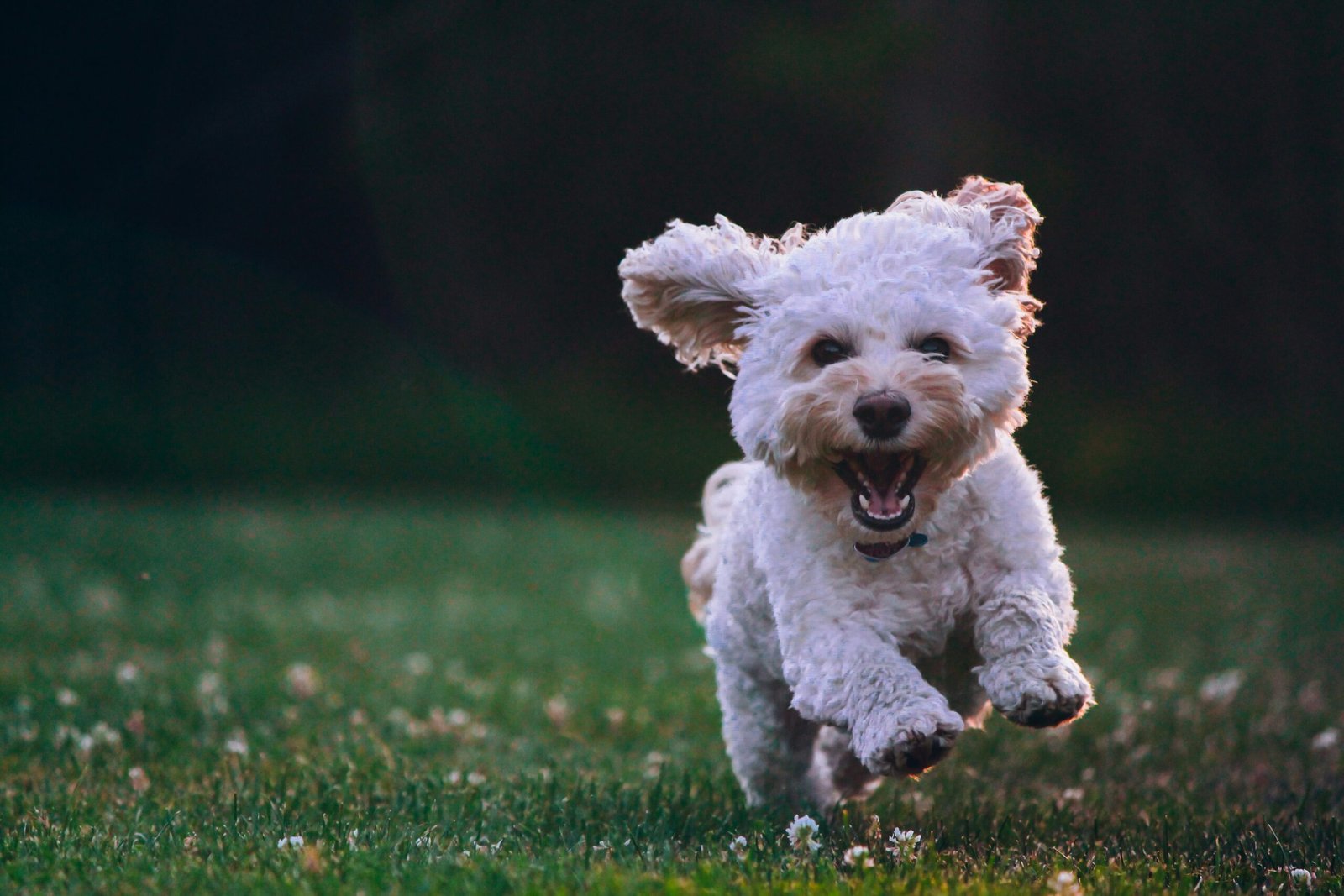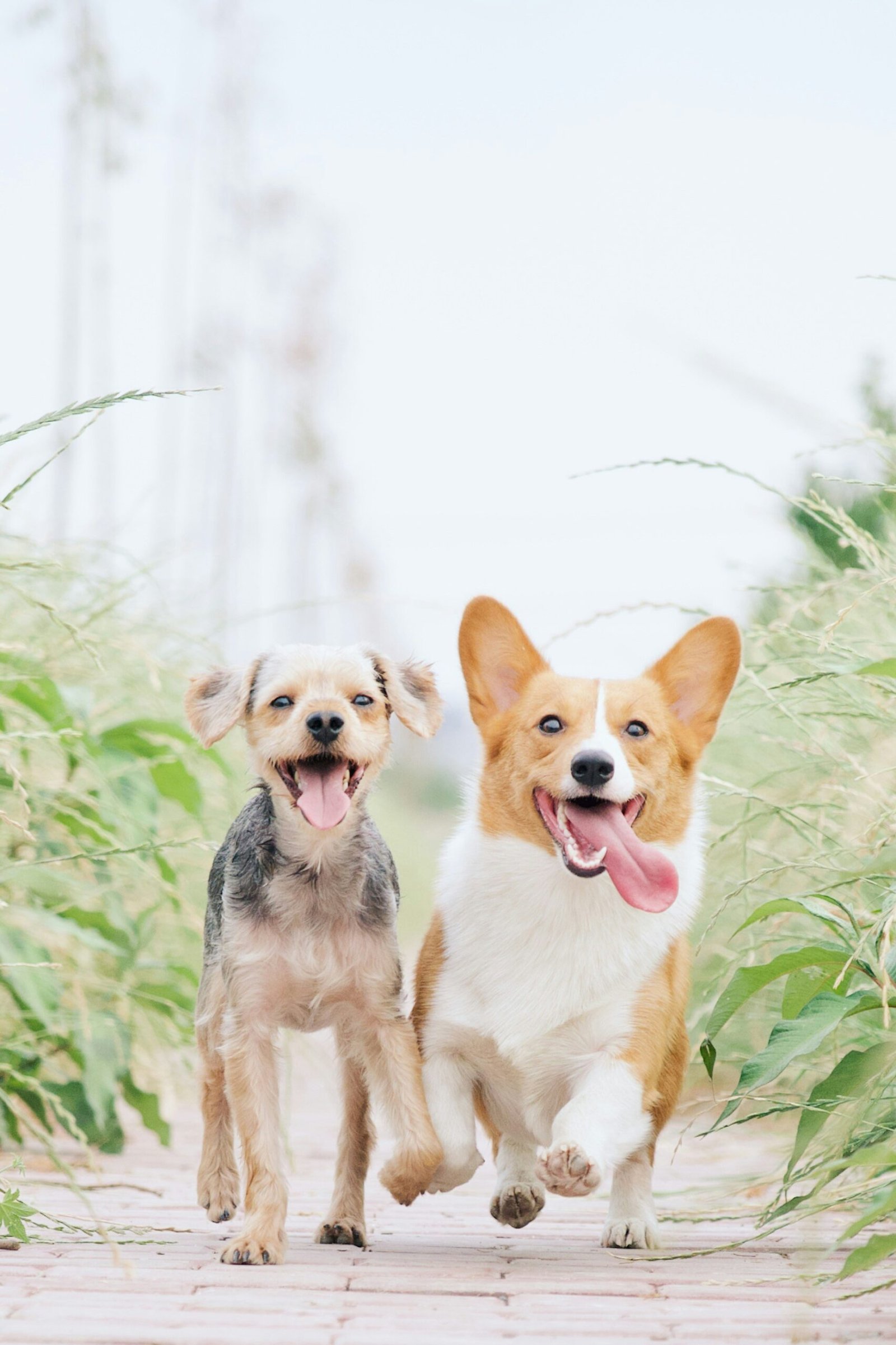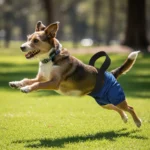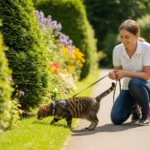Introduction
As our furry friends age, their needs change. Just like humans, senior dogs require special care to ensure they stay happy and healthy in their golden years. In this article, we will provide you with some essential tips for keeping your older pup in the best shape possible.
Regular Veterinary Check-ups
One of the most important aspects of senior dog care is regular veterinary check-ups. As dogs age, they are more prone to developing health issues such as arthritis, dental problems, and heart disease. By scheduling regular check-ups, your vet can catch any potential issues early on and provide the necessary treatment.
Healthy Diet
A well-balanced diet is crucial for senior dogs. As they age, their metabolism slows down, and they may require fewer calories. However, their nutritional needs may change, so it’s important to consult with your vet to determine the best diet for your older pup. Senior dog food formulas are available that are specifically designed to meet their unique nutritional requirements.
Exercise and Mental Stimulation
While senior dogs may not have the same energy levels as when they were younger, regular exercise is still important. Daily walks and gentle play sessions can help keep their joints limber and maintain a healthy weight. Additionally, mental stimulation is essential for their overall well-being. Engage in activities such as puzzle toys, obedience training, or simply spending quality time together.
Comfortable Sleeping Area
Providing a comfortable sleeping area is vital for senior dogs. As they age, they may develop joint pain or arthritis, so a supportive bed can help alleviate discomfort. Ensure that their sleeping area is warm, quiet, and free from any drafts. Consider providing extra padding or orthopedic beds to help cushion their joints.
Dental Care
Oral health is often overlooked but is crucial for senior dogs. Dental problems can lead to pain, difficulty eating, and even systemic infections. Regular teeth brushing and dental check-ups are essential to maintain good oral hygiene. Your vet may also recommend dental cleanings to remove any tartar buildup.
Regular Grooming
Senior dogs may require more frequent grooming to keep their coat clean and free from mats. Regular brushing helps distribute natural oils and stimulates blood flow to the skin. Additionally, it allows you to check for any lumps, bumps, or skin irritations that may require veterinary attention.
Special Considerations for Mobility
As dogs age, they may experience reduced mobility or develop conditions such as arthritis. To help your senior pup navigate their surroundings more easily, consider providing ramps or stairs to help them access elevated areas. Non-slip mats can also be placed on slippery surfaces to prevent accidents.
Emotional Support
Older dogs may experience anxiety or cognitive decline. Providing them with emotional support is crucial for their well-being. Maintain a consistent routine, offer plenty of affection, and consider providing them with interactive toys or puzzles to keep their minds stimulated.
Conclusion
Senior dog care requires a little extra attention and care, but it’s well worth it to ensure your furry friend enjoys their golden years to the fullest. By following these tips, you can help keep your older pup happy, healthy, and comfortable for years to come.





